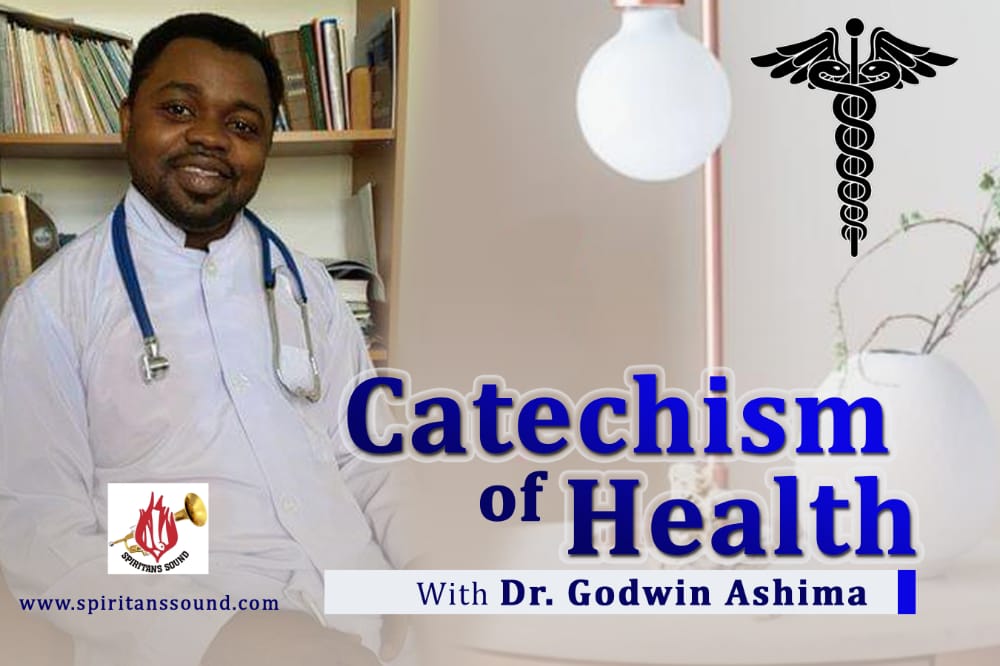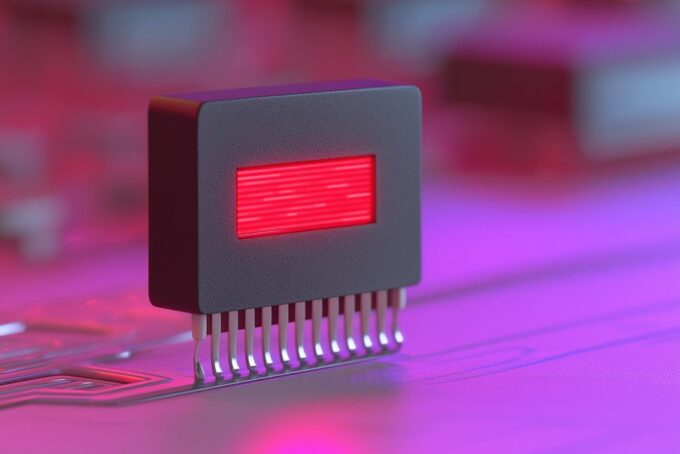Your body is a conglomerate of cells. The cells unite to form tissues, tissues unite to form an organ and organs unite to form a system and the systems unite to form you. So it all begins with the cells. So when the cells begin to die without being replaced, the tissues formed from those cells begin to die and the organs from those tissues begin to die and the system from those organs will begin to die leading to the death of the individual if there is no quick and proper medical intervention.
To maintain its function, every tissue in the body receives oxygen-full blood supply through a network of an aorta, arteries, arterioles and capillaries in that order and when the cells have used up the oxygen, the blood travels back to the lungs to get more oxygen through a network of venules, veins and the vena cava in that order. This system is known as the circulatory system and this is made possible by the heart and the calf muscles. So before your heart falls in love, it primary purpose is to pump blood.
The blood requires a certain pressure measured in Millimeter mercury (mmHg) to enable it travel to and fro the lungs to go to and fro the tissues, to and fro your cells just like water passing through the water pipes in your house. This pressure is determined both by the amount of blood your heart pumps and the amount of resistance to blood flow in your arteries. The resistance in the arteries is determined by how narrow your arteries are. Therefore, the narrower your arteries are and the more blood your heart pumps, the higher your blood pressure.
Your systolic and diastolic blood pressure determines your total blood pressure readings. The systolic is the top number and the diastolic is the down number. It is expressed as:
BP= SP (mmHg)/DP (mmHg)
Where,
BP= Blood Pressure, SP=Systolic Pressure, DP= Diastolic Pressure.
Systolic pressure is the highest pressure exert on the wall of your arteries each time your heart beats and pushes the blood round your body.
Diastolic pressure is the lowest pressure exert on the wall of your arteries when your heart relaxes between beats.
For adults aged 18 years and above, normal systolic is lower than 120 mm Hg, and diastolic is lower than 80 mm Hg. That is, normal blood pressure is less than 120/80. When these figures are exceeded, it means your blood pressure is high. This implies that the pressure exerted by the blood on the walls of your arteries is abnormally high and when it goes from 140/90, it is called hypertension. According to WHO, over 1billion people worldwide have hypertension.
Classification and causes of Hypertension
Primary /Essential Hypertension: It is hypertension of unknown cause or as a result of genetic/epigenetic or environmental factors. About 90% of hypertension in adults is primary hypertension.
Secondary Hypertension: It is hypertension caused by multiple factors which include:
Drugs and toxins:
Alcohol
Birth control pills
Cold remedies
Decongestants
Cocaine and amphetamines
NSAIDs
Herbal remedies containing licorice
Cyclosporine
Nicotine
vasopressors (Ephedrine, Epinephrine, dopamine, phenylephrine)
Renal and renal vascular:
Kidney disease
Urinary tract obstruction
Renin-producing tumor
Hormonal:
Cushing syndrome
Primary aldosteronism (excess production of aldosterone hormone from the adrenal gland)
Congenital adrenal hyperplasia (genetic problems that affect the adrenal glands)
Vascular:
Aortic coarctation (narrowing of the aorta)
Inflammation of the blood vessels known as vasculitis
Neurogenic:
Brain tumor
Intracranial hypertension
Autonomic dysfunction
Sleeping disorder known as sleep apnea
Diet
Too much salt: Salt contains sodium and too much sodium in your diet can cause your body to retain fluid, which increases blood pressure.
Too little potassium: Potassium helps balance the amount of sodium in your cells. If you take in less potassium in your diet, you may accumulate too much sodium in your blood.
Too much fatty foods
Eating less fruit and vegetables
Others
Too much stress
Too little physical
Thyroid problems
Congenital defects in blood vessels
Pregnancy induced hypertension
Risk Factors
Age: The risk increases with age from 45 years of age
Sex: Till age 64, it is more common in men than women and women who are above 65 are more likely to have hypertension than men.
Obesity: More body weight means more demand of oxygen by cells of your tissues and as your blood volume increases, the pressure exerted on the walls of your arteries increases as well.
Race: more common among the African race
Family history
Lack of exercise: this leads to overweight which increases your blood pressure. Using Tobacco: smoking or chewing tobacco immediately raises your blood pressure temporarily. Nicotin in tobacco can cause your arteries to narrow and increase your risk hypertension.
Diabetes mellitus
Symptoms of Hypertension
The reason why hypertension is called a silent killer is because most of the time, it is asymptomatic. That means you can have hypertension for years without any symptoms to indicate that something is wrong even if your blood pressure readings reach dangerously high levels. Even without symptoms, continuous damages to your blood vessels and heart can be detected.
A few people with hypertension may have:
Headaches
Shortness of breath
Nose-bleeding
Blurry vision
These signs and symptoms most times are not specific and usually don’t occur until the situation has reached a severe or life-threatening stage.
Effect of Hypertension
Over time, hypertension can cause a wide range of problems which includes but not limited to the following:
Aneurysm: Too much pressure on your blood vessels causes them to become weak and form bulges, called aneurysms. A raptured aneurysm is life-threatening medical emergency.
Heart failure: Extra hard work is required by the heart to pump blood against the higher pressure in your vessels. This leadss to left ventricular hypertrophy; a condition caused by the thickening of the walls of the heart pumping chamber. The thickened muscle will develop difficulties in pumping enough blood to tissues, which can lead to heart failure.
Heart attack or stroke.
Blindness: Hypertension can thicken, narrow or tear blood vessels in the eyes leading to vision problems or blindness.
Kidney failure
Memory or understanding problems: Hypertension may also affect your ability to think, comprehend, remember and learn.
Dementia. Narrowed or blocked arteries can limit blood flow to the brain, leading to a certain type of dementia (vascular dementia). A stroke that interrupts blood flow to the brain also can cause vascular dementia.
Management of Hypertension
High blood pressure cannot be cured. But it can be managed effectively through:
Lifestyle changes and, when needed, medication
Lifestyle changes
Eat less salt
Eat more fruit and vegetables
Keep to a healthy weight
Make small changes to your eating habits and activity levels that you can keep to for life.
Drink less alcohol
Exercise your body
Stop smoking
| Systolic (mmHg) | Diastolic (mmHg) | Comment | Action |
| Less than 120 | Less than 80 | Normal | Maintain or adopt a healthy lifestyle |
| 120-129 | Less than 80 | Elevated | Maintain or adopt a healthy lifestyle |
| 130-139 | 80-89 | Stage1Hypertension | Maintain or adopt a healthy lifestyle
Talk to your doctor about the right medication for you |
| 140 and above | 90 and above | Stage 2 Hypertension | Maintain or adopt a healthy lifestyle
Talk to your doctor about additional medication. |
When to see your doctor to check your blood pressure
For those who seem healthy, it is recommended as follows:
Age 18: at least every two years
Age 40 and above: every year.
If you fall in the range of 18 to 39 with a high risk of high blood pressure see the doctor every year.
Do you consider this information helpful? By sharing it, you may save someone’s life. I also await your comments in the comment section provided.









